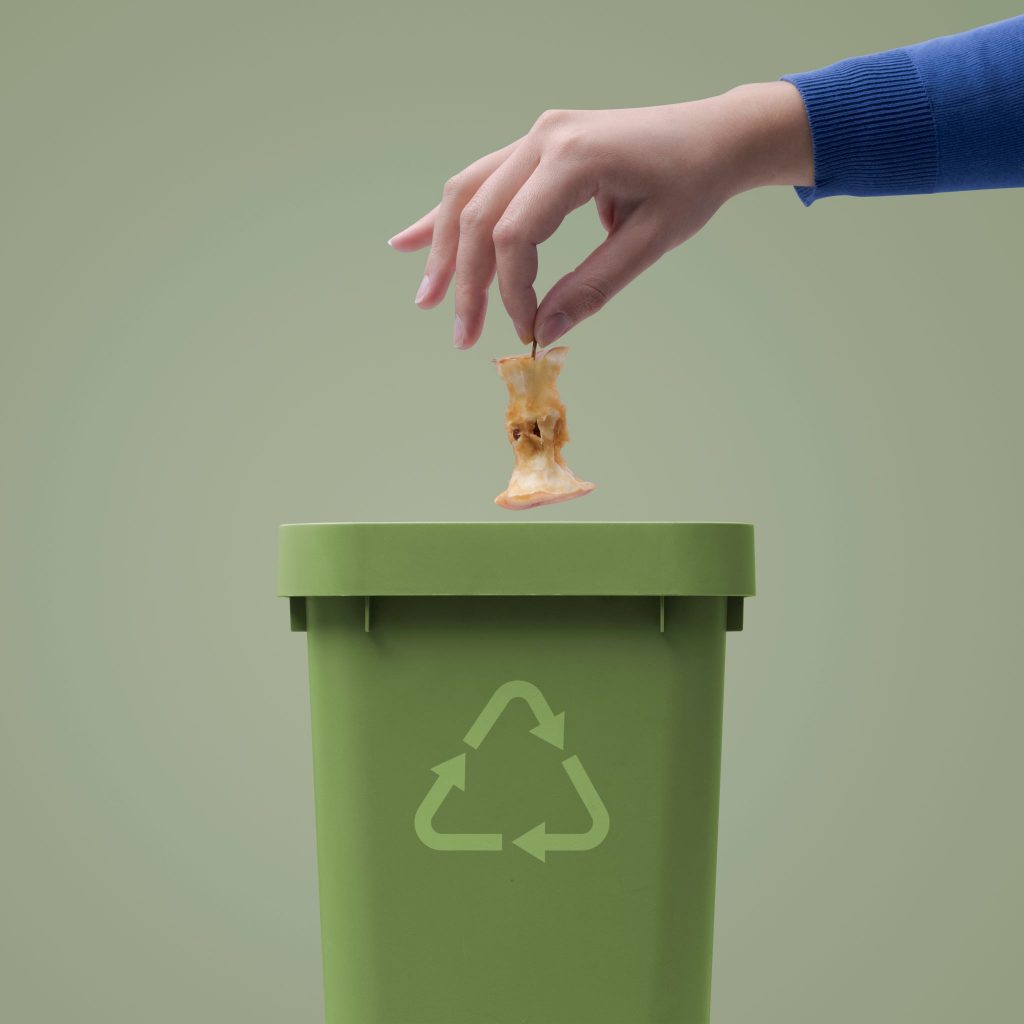According to an article in the Philippine Daily Inquirer, the Department of Science and Technology said that 1,717 metric tons of food is wasted each day.

The same article also mentioned that P23 million worth of rice is wasted daily, according to the International Rice Research Institute. Enough to feed 4.3 million Filipinos. It seems unthinkable, but it’s true.
Food waste contributes to 30% of the world’s greenhouse gas emissions. Sadly, households are the major contributors. This means that every one of us is guilty of purchasing food that ended up in the waste bin.
The solutions seem simple. However, our fast-paced lives can make it challenging. How can we reduce the food waste in our household?
Here are some ideas:
- Create a budget and plan meals whether at home or when eating out.
- Check your stocks, expiry dates, and write down your grocery list.
- Organize the refrigerator and the pantry.
- Store food well (especially in a tropical country!) and create a first-in-first-out system.
- About to expire? Trade or bring them to the office or send to the neighbors.
- If those bananas are about to expire, freeze the extras, try pickling or preserves, and get creative with leftover recipes!
- When eating out: Take home, anyone? Bring containers or just request for the leftovers and heat it up the next day!
- Lastly, growing our own veggies in our garden or having a go at container gardening will help ease the expenses and provide the home with weekly produce.
Compost, love and beyond!
How can we reduce our food waste? It’s almost a criminal act to waste food, but this does not mean that all spoiled food should go to waste.
About to throw the grapes sitting for weeks in the fridge or the rotting Indian mangoes in the fruit basket? These actual food waste can still be repurposed for the Earth! The key is to compost.
Creating compost heaps can help give your soil the love that it deserves by improving your garden soil nutrients through the production of beneficial bacteria. This makes the soil fertile to produce better and high-quality yields, whether you have a garden of your own with the space to plant, or trying your hand in container gardening.
Composting tips
Here’s some kitchen waste that’s ideal for your heap: Fruits and vegetables peelings are great (rotten ones or spoiled ones from the refrigerator is ok!), grains, nuts, bread, unbleached paper napkins, used coffee grounds and organic coffee filters, eggshells, and newspaper can be composted.
But can all food waste be composted? The answer is no. Not all food waste can be used for composting. Cooked food with oil and butter, dairy products, meat and fish, will putrefy, produce bad odors, and attract unwanted pests, rats and flies to the heap. So, can the leftover spoiled fried chicken be great for composting? Unfortunately, no.
Apparently, just like humans, our soil should stay away from sweets. Sugar is also bad for your compost as it facilitates the growth of bad bacteria. These are any sugared, baked, or buttered bread, baked pastries, confections with glazes and high sugar content, candies, chocolates, and even cooked rice or pasta is a definite no!
Segregate Your Food Waste
Food waste that cannot be composted (like your oily leftovers) should be thrown away in the correct food scraps bin.
There’s no way to say it nicely, they end up in the landfill. However, when we do proper waste segregation, starting with the food scraps, we can identify and separate the recyclables and paper, lessen the contamination, and reduce landfill impact.


